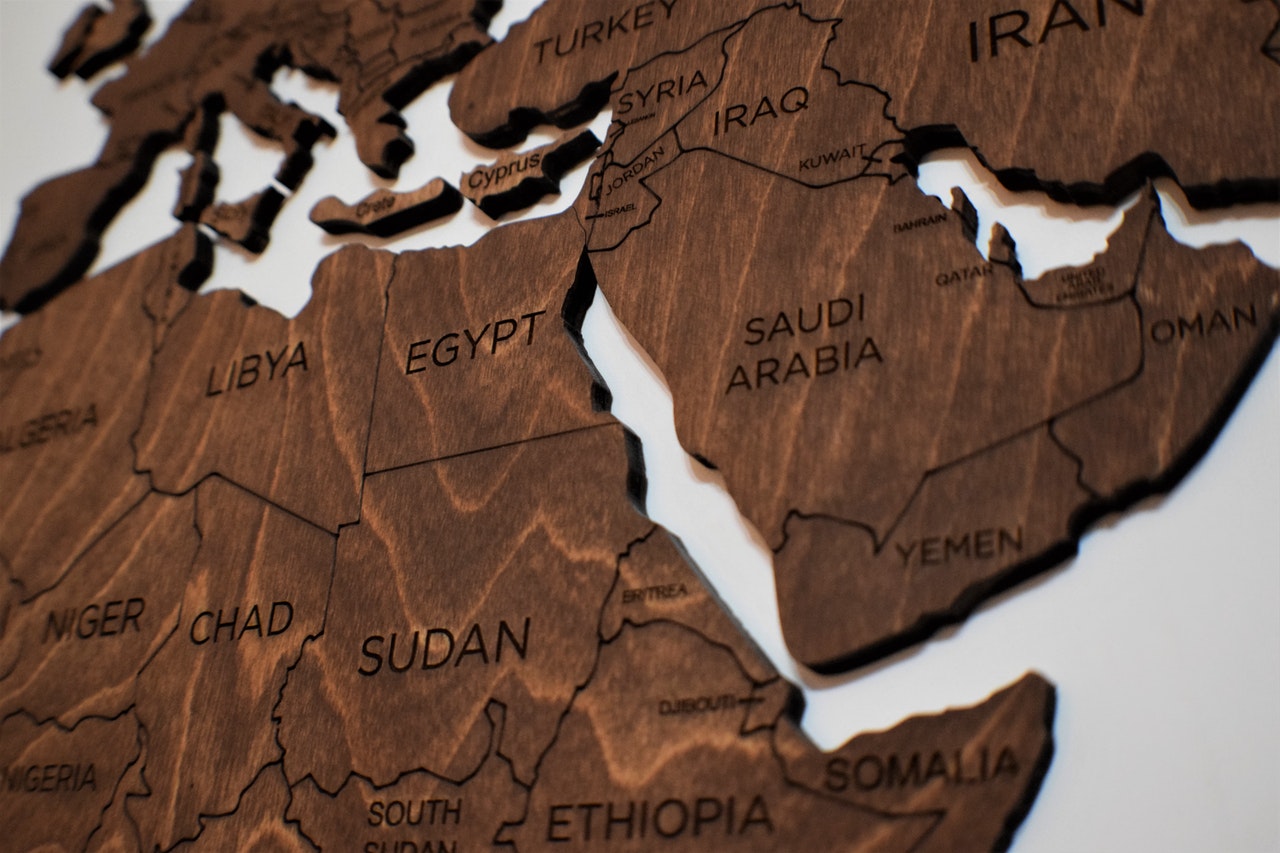Business, commerce, and cultural activities have grown in the year after Israel, the United Arab Emirates, and Bahrain signed the historic Abraham Accords. On January 30, Israeli President Isaac Herzog and First Lady Michal Herzog arrived in Abu Dhabi for a historic visit, highlighting the nations’ continuous cordial ties.
The environment is one area suitable for collaboration, particularly as the Gulf nations transition away from an oil-based economy and the region grapples with water shortages, Israel21c.org writes.
The UAE mediated a solar energy and desalinated water exchange arrangement between Israel and Jordan in November, after the two countries signed a peace treaty in 1994. This would be the Middle East’s biggest renewable energy plant.
Israel invested heavily in the DeserTech Hub in Beersheva, and announced plans for clean mobility, energy efficiency, decreasing carbon emissions, and supporting climate-tech innovation ahead of the COP26 UN Climate Change Conference in November, paving the way for international collaboration.
Here are just a few of the numerous ways Israel is collaborating with Gulf partners to create a greener future.
Abu Dhabi Future Energy Company (Masdar) and EDF Renewables Israel agreed to investigate renewable energy potential during a virtual ceremony held during Abu Dhabi Sustainability Week in January.
Masdar already has many projects in the works with EDF’s French parent firm, including the Al Dhafra solar project in the UAE, which will be the world’s biggest single-site solar plant, and eight renewable energy projects in the United States.
Watergen, an Israeli air-to-water startup, established a strategic commercial partnership with Baynunah, a sister company of the Emirati food security agricultural organization Al Dahra, on June 1.
As part of the arrangement, the two firms will collaborate with Tel Aviv University’s Moshe Mirilashvili Facility for Applied Water Studies to establish an Israeli-Emirati water research institute.
The project’s aims are to enhance drinking water quality, optimize drinking water sources, increase water supply for improved irrigation, expedite food production, and apply advanced water and wastewater treatment technology.
Aquarius Engines of Israel and Kampac International (KIP) of the United Kingdom launched the Middle East Aquarius Automobile firm in June to develop automotive goods based on Aquarius technology in the United Arab Emirates.
KIP committed to spend up to $1.2 billion in creating a production plant in the UAE for Aquarius, a lightweight linear engine driven entirely by hydrogen gas.
The University of Haifa and Zayed University in the UAE inked an academic collaboration agreement in November to conduct cooperative research on environmental concerns such as marine sciences, education, and natural resource management. The institutions also agreed to exchange students and teachers.

